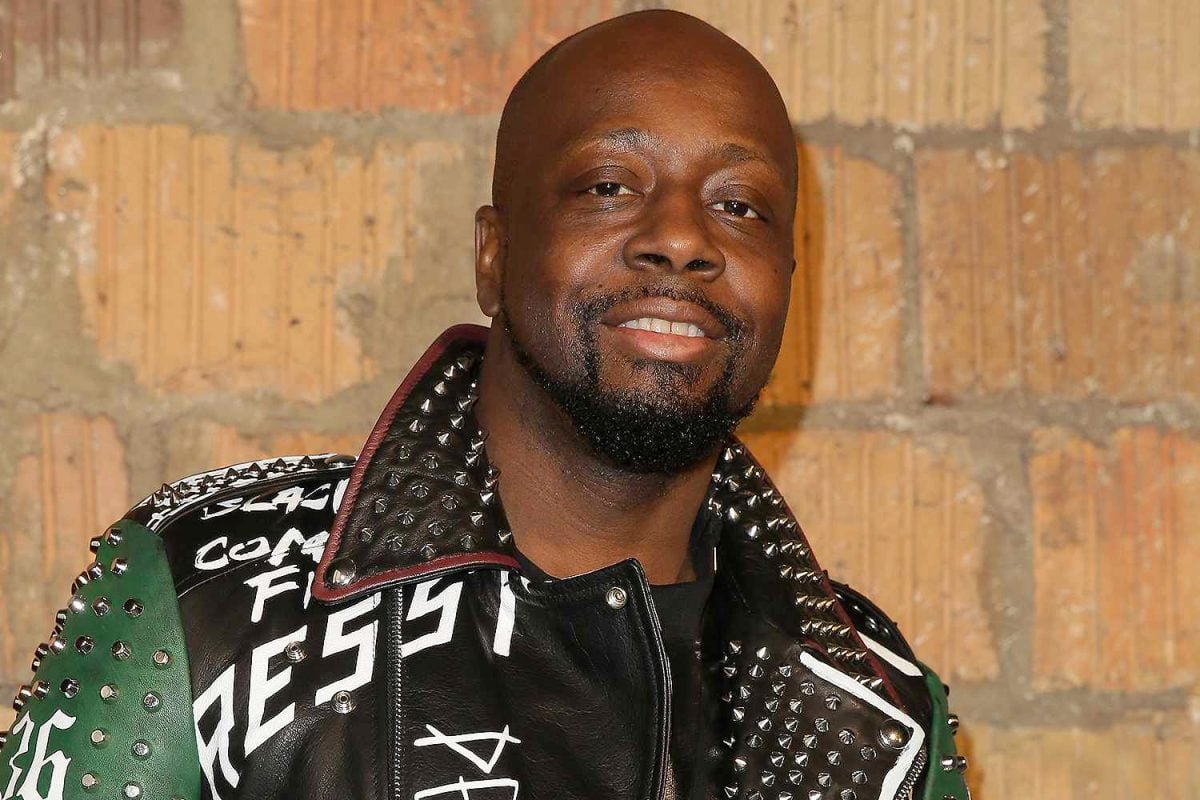Wyclef Jean Shares Thoughts On Modern Dancehall Lyrics

Wyclef Jean, the Haitian rapper whose infectious rhymes helped propel Fugees into the mainstream, has weighed in on the debate about the nature of lyrics being spewed in modern Dancehall music. In his eyes, the explicit language and suggestive themes that draw criticism are simply a reflection of society’s underbelly, amplified through music.
“I think back in the day there was less profanity in the music. So, what all the kids are doing is what we would say to each other quietly. It’s like, you can say this kinda crazy stuff amongst each other but you ain’t supposed to put it on record,” he told DancehallMag during a recent interview.
“So literally, honestly, I always think it’s a reflection of society. So, you change the society, then the reflection of the music will always change.”
But this generational frankness, Jean argues, is nothing new. “I remember when we were doing our stuff, our parents were like, ‘that ain’t music…’ you know what I’m saying?” he said. “I can always use my daughter; she’s 18-years-old. She can go to Lil Uzi [Vert], to Earth, Wind And Fire, to Skillibeng, to Shaggy… I think the parents might catch them listening to the ratchet stuff, but I think they know the music.”
For Jean, who named Masicka, Teejay, and Chronic Law his favorite modern Jamaican artists, understanding the younger generation’s musical expressions is key.
“I think what’s important is to embrace our generation [and] understand what they’re doing and I think TikTok does a great job at that. But, unfortunately, every generation that comes out with a new style; the older generation that don’t understand it will always be like, ‘what is this?’”
“[In terms of] versatility, Masicka, TeeJay… like, when I say that they can go from one style to another—I’ve seen it happen,” Jean told DancehallMag of his favorite artists. “Then, the person that I listen to when I’m in the gym that gives me a pump to do my 300 pushups is Chronic Law.”
“Chronic Law, I can relate to him because I have a lot of people who are from the streets who have changed their lives around, and I like that pain and let you know that it can get better. I think we need those kind of records.”
In Jamaica, the debate over lyrics came to a head when the Broadcasting Commission issued a directive prohibiting the nation’s radio stations from playing musical content promoting the use of or glorification of the party drug “molly” and lotto scamming last October. This came approximately 13 years after the Commission issued a ban on playing violent musical content.
Some seven months later, British filmmakers Freddie Stewart and Gene Kavanagh explored the ban’s implications in a documentary titled Strictly Prohibited.
It isn’t just the Broadcasting Commission that has turned its nose up at the state of Dancehall. Last November, Bounty Killer expressed disapproval about the “choice of words” that the younger crop of artists were disseminating. As a result of the content, the deejay argued that the genre’s marketability has been affected.
Jean was in Jamaica to launch discussions leading up to his February presentation at the Island Music Festival [IMC]. His presentation, slated for February 23, 2024, will look at the future of licensing.
